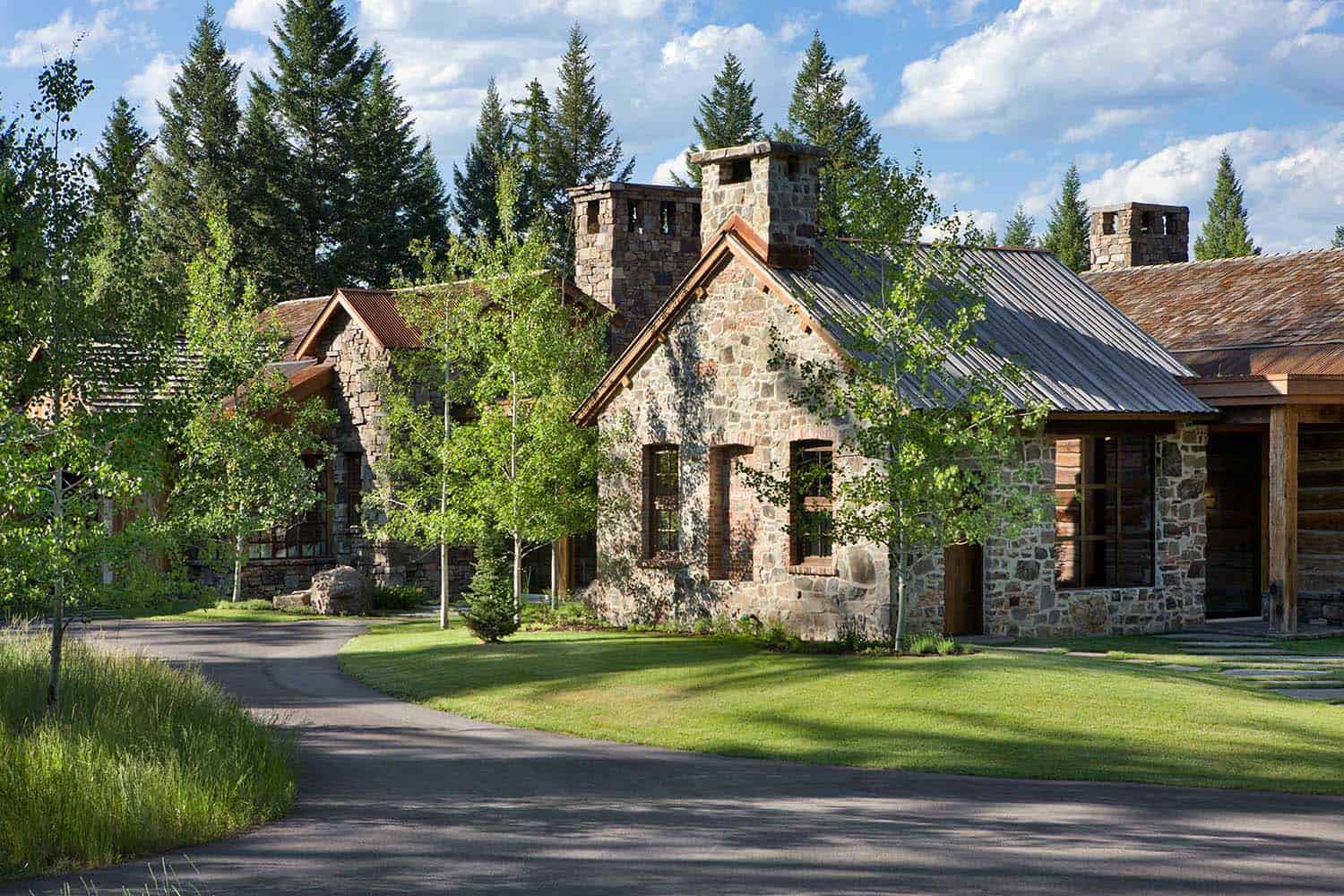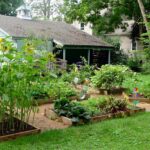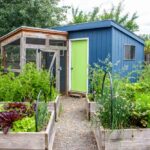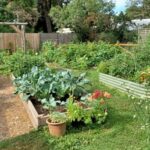Embarking on a beekeeping journey on a 15-acre homestead can be a rewarding and enriching experience. Not only does it contribute to the sustainability of your homestead, but it also plays a vital role in supporting the environment. In this article, we will explore essential beekeeping tips that will help you thrive on your 15-acre homestead.

The Importance of Beekeeping
Beekeeping is more than just a hobby; it is an integral part of maintaining a balanced ecosystem. Bees are crucial pollinators, responsible for the reproduction of many plants. By engaging in beekeeping, you contribute to the health of your homestead’s flora and ensure a bountiful harvest.
Benefits of Beekeeping
Beekeeping offers numerous benefits, including the production of honey, beeswax, and other bee-related products. Additionally, it enhances the pollination of your garden, leading to higher yields of fruits and vegetables. Furthermore, it provides a unique learning experience and fosters a deep connection with nature.
Setting Up Your Apiary
Establishing an apiary on your 15-acre homestead requires careful planning and consideration. Follow these steps to ensure a successful setup:
Choosing the Right Location
Selecting the ideal location for your apiary is crucial. Ensure it is sheltered from strong winds and receives ample sunlight. Additionally, place the hives away from high-traffic areas to minimize disturbances to the bees.
Acquiring Beekeeping Equipment
Investing in quality beekeeping equipment is essential. Purchase protective clothing, smokers, hive tools, and bee suits to ensure your safety and the well-being of your bees. Consider sourcing equipment from reputable suppliers to guarantee durability and functionality.
Understanding Bee Behavior
To be a successful beekeeper, it is important to understand bee behavior and their needs. This knowledge will help you manage your hives effectively and ensure the health of your bee colonies.
The Life Cycle of Bees
Bees go through different stages in their life cycle, including egg, larva, pupa, and adult. Familiarize yourself with each stage to better understand their development and make informed decisions regarding hive management.
The Role of the Queen Bee
The queen bee plays a vital role in the hive, as she is responsible for laying eggs and maintaining the colony’s population. Monitor her health and productivity regularly to ensure the hive’s success.
Maintaining Hive Health
Keeping your bee colonies healthy is essential for successful beekeeping. Implement these practices to maintain hive health:
Pest and Disease Management
Regularly inspect your hives for signs of pests and diseases. Implement pest management strategies, such as using natural repellents and maintaining a clean environment, to prevent infestations.
Feeding and Nutrition
Ensure your bees have access to a diverse range of nectar and pollen sources. During periods of low forage availability, provide supplemental feeding to support their nutritional needs.
Seasonal Beekeeping Tasks
Different seasons require specific beekeeping tasks. Understanding these tasks will help you effectively manage your hives throughout the year.
Spring Management
In spring, inspect your hives and assess the colony’s health after winter. Monitor for signs of swarming and ensure the bees have enough space to expand.
Summer Maintenance
During summer, perform regular hive inspections to check for disease and overcrowding. Harvest honey when the frames are fully capped, ensuring you leave enough for the bees’ survival.
Fall Preparations
Prepare your hives for winter by reducing entrances to prevent drafts and insulating the hives. Ensure the bees have enough food stores to last through the colder months.
Winter Care
During winter, minimize disturbances to the hives. Monitor their weight to ensure adequate food supplies and provide ventilation to prevent moisture buildup.
Legal Considerations
Before starting your beekeeping journey, familiarize yourself with local regulations and obtain any necessary permits. Adhering to legal requirements ensures a smooth and compliant beekeeping operation.
Learning and Community Support
Beekeeping is a continuous learning process. Engage with local beekeeping clubs and online forums to exchange knowledge and experiences. Attend workshops and courses to enhance your skills.
Conclusion
Embarking on beekeeping on your 15-acre homestead is a fulfilling endeavor that benefits both your homestead and the environment. By following these beekeeping tips and staying informed, you can create a thriving apiary and enjoy the numerous rewards it offers.

Frequently Asked Questions
What equipment do I need to start beekeeping?
To start beekeeping, you will need protective clothing, a smoker, hive tools, bee suits, and quality beekeeping equipment. These items ensure your safety and the well-being of your bees.
How do I prevent diseases in my bee colonies?
Preventing diseases involves regular hive inspections, implementing pest management strategies, and maintaining a clean environment. Stay informed about common bee diseases and take necessary precautions.
What are the benefits of beekeeping on a 15-acre homestead?
Beekeeping on a 15-acre homestead offers numerous benefits, including honey production, enhanced pollination, and a deeper connection with nature. It also supports the sustainability of your homestead and contributes to the local ecosystem.




